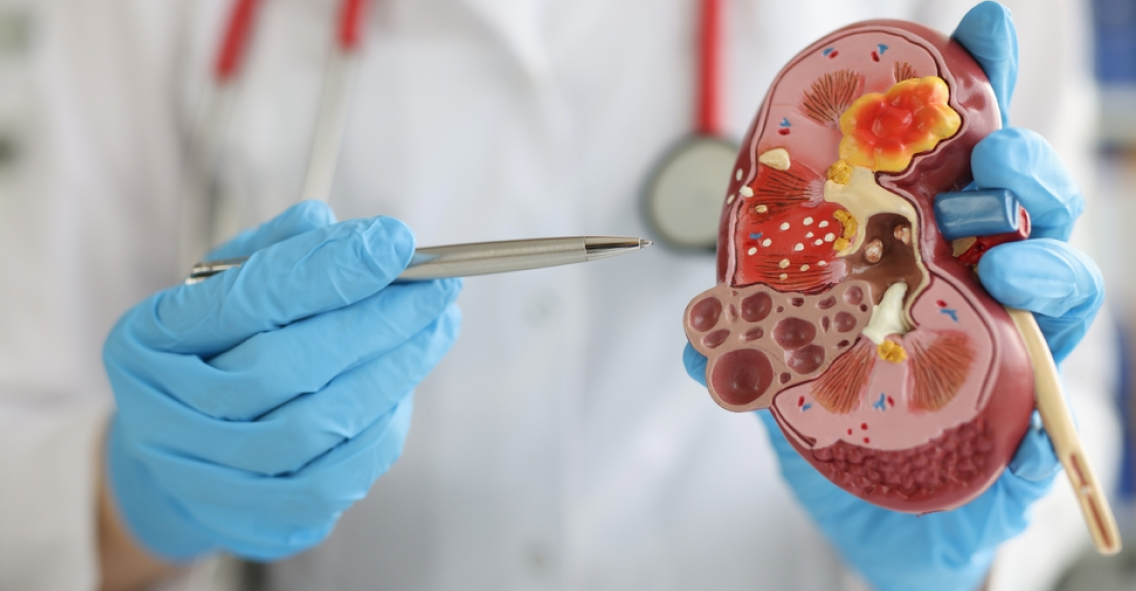Dialysis Access Management
As vascular specialists,
As vascular specialists, we provide a range of essential vascular services to patients, addressing a wide spectrum of vascular conditions.
These services are aimed at diagnosing, maintaining and improving your vascular health, ensuring optimal blood flow throughout your body. Seeking care from a vascular specialist for vascular diseases is vital for several reasons. We possess extensive knowledge and expertise specifically in the diagnosis and treatment of vascular conditions. Our specialized training enables us to offer the most up-to-date and effective treatments, reducing the risk of complications.
Vascular diseases can have severe consequences if left unaddressed, such as strokes, heart attacks, or limb amputations. We can provide personalized care tailored to your unique needs, ensuring the best possible outcome for your vascular health. Early intervention, expert guidance, and a focus on your well-being make consulting a vascular specialist a crucial step in managing vascular diseases.

Dialysis Access Management
Dialysis access management is a critical aspect of vascular care for patients with end-stage renal disease (ESRD) who require hemodialysis for kidney function support.
Dialysis access refers to the site where blood is drawn from your body to be cleansed through the dialysis machine. There are three main types of access: arteriovenous (AV) fistulas, AV grafts, and central venous catheters. Some patients may have a catheter placed in their abdomen to help with dialysis. Each access type requires proper care and ongoing management.
An AV fistula, which connects an artery and a vein in your arm, is considered the best long-term option. It requires routine monitoring and care to ensure that it remains open and unobstructed. An AV graft is a synthetic tube connecting an artery and a vein, which may need intervention or revision over time. Central venous catheters are typically temporary and may carry a higher risk of complications.
Regular access monitoring is essential to detect any issues such as stenosis or clot formation. Interventional procedures like angioplasty can be performed to restore blood flow, ensuring that your dialysis sessions are both effective and safe.

Proper self-care, including avoiding blood pressure measurements or blood draws in the access arm and practicing good hygiene, is crucial to prevent infections. By working closely with your healthcare team, including your nephrologist and vascular specialist, you can achieve the best outcomes in your dialysis access management, ensuring a higher quality of life and improved overall health. Your vascular health plays a pivotal role in the success of your kidney treatments, and we are here to provide the specialized care and support you need.
